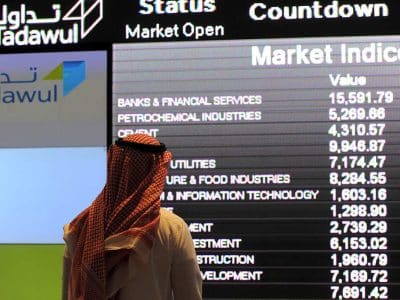Brent crude held above $110 on Wednesday on supply concerns
as Iran renewed a threat to close the vital Strait of Hormuz while prospects
for demand growth look set to improve, going by positive economic indicators
from Europe and the United States.
The world’s top oil consumer, the United States, appears to
have shaken off the gloom and economists estimate gross domestic product grew
at a 3.0 percent annual pace in October-December, according to a median Reuters
poll.
Markets were also lifted after surveys showed the euro zone
may escape recession with a surprise pickup in services this month. The data
showed Germany’s service sector expanded at its fastest in seven months in
January while expanding at the fastest pace since August in France.
Front-month Brent crude rose 31 cents to $110.34 a barrel by
0730 GMT, recouping most of the previous session’s losses. US crude gained 4
cents to $98.99, after settling below the 50-day moving average of $99.19.
“We are looking at a relatively healthy demand
scenario, and yesterday’s manufacturing data encapsulated that scenario,”
said Ric Spooner, chief market analyst at CMC Markets.
“On the other side of the coin, we see a tightly
supplied market with limited spare capacity.”
While the demand outlook improves, investors are worried
about supply disruptions, with Iranian politicians repeating a threat to close
the vital Strait of Hormuz sea link if the West succeeds in presenting Tehran
from exporting crude.
President Barack Obama warned Iran on Tuesday the United
States would keep up pressure over its disputed nuclear programme.
“America is determined to prevent Iran from getting a
nuclear weapon, and I will take no options off the table to achieve that goal,”
he said in his State of the Union address.
Apart from Iran, markets are also supported by supply
concerns from Africa after South Sudan blamed an air strike on a refugee camp
on Sudan. The blame followed South Sudan accusing its former civil war foe of
seizing $815 million worth of crude.
South Sudan seceded from Sudan in July under a 2005 peace
deal that ended decades of civil war, but the two countries have remained at
loggerheads over issues including oil, debt and fighting along the poorly drawn
border.
“Ultimately, this is about the sharing of economic rent
from a resource — in a diversified economy this would be a minor issue, but in
Sudan and South Sudan it is of vital national economic importance,”
analysts at JPMorgan said in a report.
“It would be a surprise if it did not take a
considerable time to reach a stable, long-term agreement.”
Yet against the backdrop of an improving demand outlook and
concerns over supply, worries about Europe weighed on prices.
Europe’s debt crisis could tip the world economy into
recession, the International Monetary Fund said. The IMF chopped its estimate
for 2012 global growth to 3.3 percent from 4 percent and warned it could drop
as low as 1.3 percent if Europe let the crisis continue for much longer.
A debt crisis persists in Greece and plans for restructuring
of the country’s debt have been sent back to the drawing board, raising the
chances of a messy default.
“Greece is the word across the globe at the moment,
with no indication that they will be in a position to meet their March 20 bond
payment obligations,” Ben Le Brun, market analyst at OptionsXpress, said
in a report.
Prices were also capped by industry data showing US crude
stockpiles rose unexpectedly due to a jump in imports.
US crude stockpiles rose 7.3 million barrels in the week to
Jan. 20, well over analysts’ expectations for a build of 800,000 barrels.
Oil investors are also awaiting results of the US Federal
Reserve’s two-day policy meeting, the first of 2012. The Fed, which will start
a new practice of announcing policymakers’ interest-rate projections, will
probably conclude the meeting with a signal that interest rates will be held
near zero into 2014, according to a Reuters poll.








